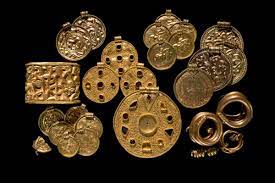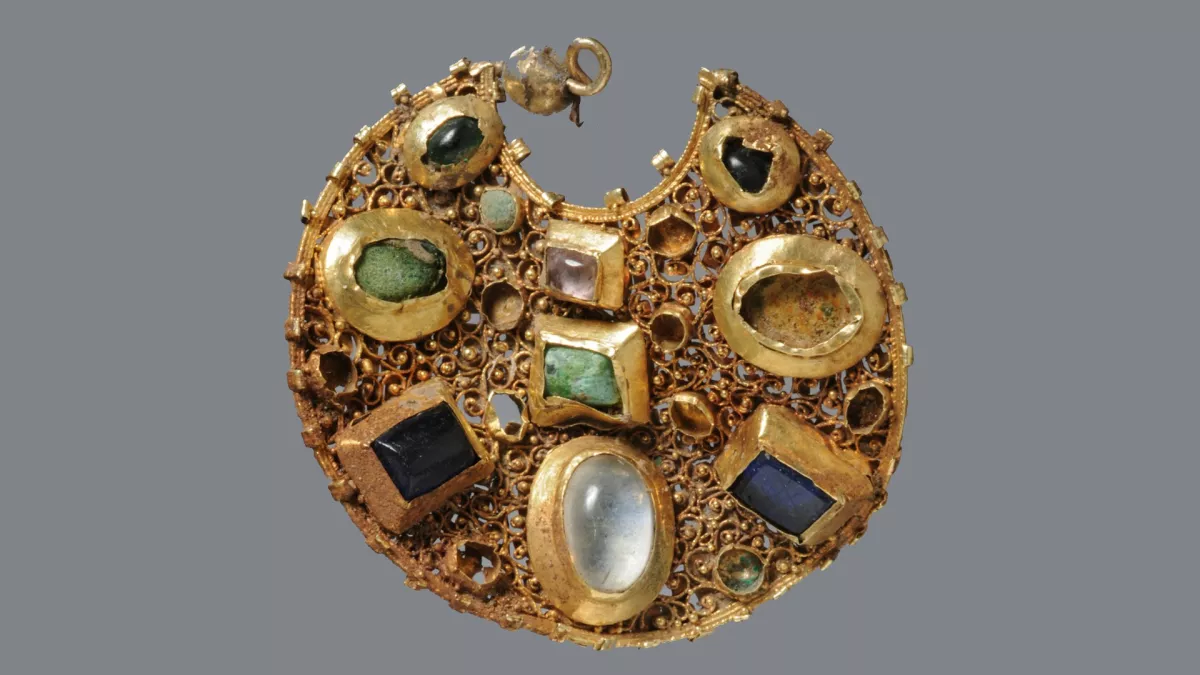European metal detectors find hordes of silver coins and earrings in Schleswig-Holstein, Germany. The jewelry is fashioned of gold and was most likely crafted by the Byzantines. According to Goodnewsnetwork, the jewel-encrusted rings, earrings, and brooch were purposefully buried among 30 coins produced during the reign of Danish King Valdemar II.
How were the earrings discovered?
During the era when treasures were transported there, Schleswig-Holstein had the name Hedeby. Throughout the eighth and eleventh centuries, the region was a significant Danish Viking commercial center.
The metal detectives were out examining a well-studied area of mainland Europe’s second-largest Viking trading town when they stumbled across this treasure.
Viking History
Some believe that Norsemen crossed Eurasia using significant rivers like the Volga, from the Baltic Sea to the Black Sea, where they engaged in trade and conducted raids against the Byzantine Empire.
Next to the Arab caliphates to the south, this powerful kingdom was the second significant power in the area and owned considerable gold deposits. These networks show the Vikings’ geographic reach and the widespread intercontinental trade during the period. Considering the hoard, it’s unclear if they were private belongings concealed during a crisis or valuable real estate that needed protection.
Other items discovered
The collection also included an Almohad gold dinar brooch, a replica of an Islamic currency. Throughout the 12th and 13th centuries, the Muslim dynasty, known as the Almohad caliphate, reigned over southern Spain and northern Africa. Experts estimate that the hoard was buried after 1234, based on the 30 silver coins produced during the reign of Danish King Valdemar II.
The treasure trove also had around 30 silver coins, some severely damaged, two gilded stone-studded finger rings, a ring fragment, a little gilded perforated disc, a ring brooch, and a ring.



